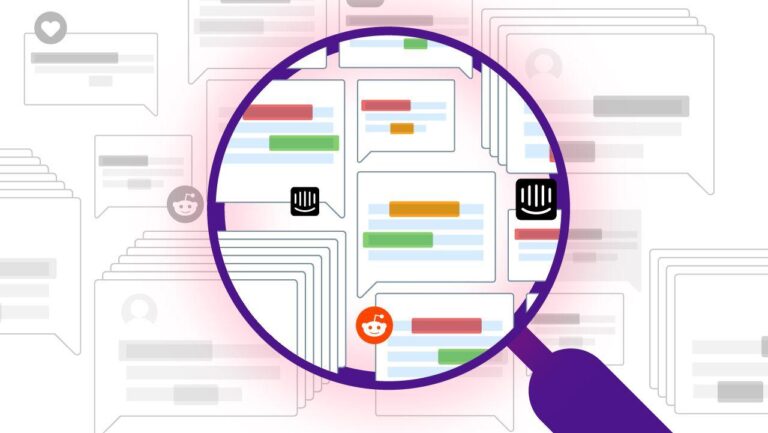Title: Urban Revolutions: Unpacking Social Mobilization in Africa’s Cities
As cities across Africa become increasingly vibrant centers of political activity, a new wave of urban social mobilization is reshaping the continent’s political landscape. The Institut français des relations internationales (Ifri) delves into this phenomenon in its latest report, “Doing Politics in African Cities: Actors, Causes and Forms of Urban Social Mobilization.” This comprehensive analysis highlights the diverse actors driving change, the underlying causes fueling these movements, and the innovative forms of engagement that define contemporary urban politics. From grassroots organizations challenging entrenched power structures to youth movements harnessing digital platforms for activism, this exploration sheds light on how city dwellers are navigating the complexities of governance, inequality, and social justice. As Africa’s urban population surges, understanding the dynamics of political engagement within these cities is crucial for grasping the future trajectory of the continent’s socio-political landscape.
Urban Activism in African Cities: Key Players Shaping the Political Landscape
In the rapidly evolving landscape of African cities, several key players are central to urban activism, influencing local politics and community mobilization. These actors range from grassroots organizations and NGOs to political movements and digital campaigns that harness the power of social media to amplify their messages. Prominent among them are youth activists who bring fresh perspectives and energy to long-standing issues such as housing, sanitation, and governance. Their innovative strategies often include organizing protests, launching social media campaigns, and forming coalitions that transcend traditional political divisions, thereby crafting a new narrative for urban engagement.
The success of these urban movements is often supported by an intricate web of supportive networks and alliances between various stakeholders. Local government bodies, albeit sometimes wary of activism, are increasingly recognizing the influence of these groups and adapting to their demands. The dynamic interplay can be outlined as follows:
| Actor Type | Role in Urban Activism |
|---|---|
| Grassroots Organizations | Mobilizing community action and advocacy |
| NGOs | Providing resources and expertise |
| Youth Movements | Championing issues through innovative activism |
| Digital Activists | Utilizing social media to reach wider audiences |
Another significant factor in urban activism is the intersectionality of issues faced by cities, such as inequality, corruption, and environmental degradation. Activists challenge these systemic problems by advocating for policy reforms and engaging in public dialogues aimed at enhancing civic participation. As cities become increasingly dense and diverse, the need for inclusive solutions grows, pushing these players to adapt their strategies and build more resilient, engaged communities.
Understanding the Drivers of Urban Social Mobilization: Challenges and Opportunities
Urban social mobilization in African cities is influenced by a plethora of factors that spur residents to come together for collective action. Among the most prominent drivers are socioeconomic disparities, political disillusionment, and the quest for improved living conditions. Citizens often mobilize around shared grievances such as inadequate housing, poor sanitation, and lack of access to essential services. Additionally, the rapid urbanization experienced in many African countries has exacerbated issues like unemployment and crime, pushing communities to demand accountability and better governance from local authorities. The role of youth movements, particularly in a continent where a significant portion of the population is under 30, cannot be understated as they increasingly leverage social media to galvanize support and challenge entrenched power structures.
However, the path to effective urban mobilization is fraught with challenges. Government repression, fragmentation of movements, and limited access to resources can impede efforts to bring about meaningful change. Activists often face risks such as violence, intimidation, and arbitrary detention, leading to a culture of fear that can stifle civic engagement. Nevertheless, there are also emerging opportunities to strengthen these movements. The rise of digital platforms provides innovative avenues for organizing and advocacy, enabling citizens to bridge geographical divides and amplify their voices on global stages. Moreover, partnerships with civil society organizations and international NGOs can enhance the capacity of local movements to push for policy reforms and sustainable urban development, ultimately fostering a more equitable urban environment.
Building Inclusive Governance: Strategic Recommendations for Empowering Urban Actors
As urban centers across Africa continue to evolve, the need for inclusive governance becomes paramount. Empowering local actors, including community organizations, grassroots movements, and civil society groups, is essential for fostering a participatory political environment. In this regard, the development of structured platforms that encourage dialogue and collaboration among diverse stakeholders is critical. Key strategies for achieving this include:
- Enhancing Local Capacity: Invest in training programs that empower urban actors with the skills necessary for effective advocacy and negotiation.
- Facilitating Multi-Stakeholder Engagement: Create formal forums where government officials, civil society, and community leaders can convene to discuss pressing urban issues.
- Promoting Transparent Communication: Utilize technology to share information on governance processes and urban development initiatives, ensuring all voices are heard.
- Building Trust through Accountability: Establish mechanisms for feedback and accountability to encourage citizen participation in monitoring governmental actions.
To further consolidate these efforts, it is crucial to prioritize policies that acknowledge and address the unique challenges faced by marginalized groups in urban settings. Initiatives should focus on integrating women, youth, and minority populations into metropolitan governance frameworks. By ensuring diverse representation, comprehensive strategies can be designed to tackle urban inequality. Essential components of this approach might include:
| Focus Area | Potential Actions |
|---|---|
| Women’s Rights | Implement gender-responsive budgeting and promote female leadership in local councils. |
| Youth Engagement | Develop programs that encourage youth participation in decision-making and democratic processes. |
| Minority Inclusion | Adopt inclusive outreach strategies to ensure all community segments can voice their needs. |
In Retrospect
In conclusion, the landscape of urban social mobilization in African cities is as diverse as the continents themselves, marked by a myriad of actors, compelling causes, and unique forms of engagement. As the Institut français des relations internationales (Ifri) highlights, the dynamics of urban politics are continuously evolving, shaped by both local realities and global influences. The findings underscore the importance of understanding these intricate interactions, as city dwellers increasingly take center stage in political discourse. As Africa’s urban population continues to grow, the potential for social mobilization to enact change cannot be underestimated. Observers and policymakers alike must pay close attention to these grassroots movements, recognizing that the streets of African cities are not just centers of population growth, but also crucibles of innovation and political activism. The journey towards sustainable urban governance and social equity in African metropolises is just beginning, and the voices rising from within these vibrant communities are poised to reshape the future of the continent.







